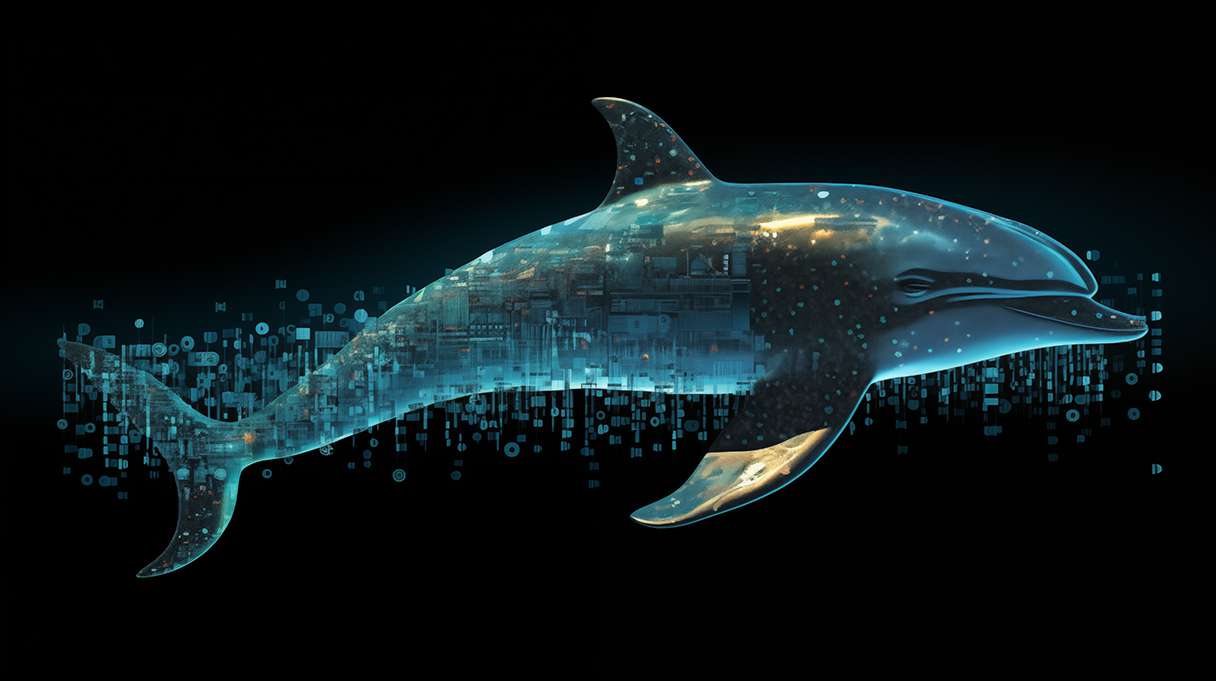FOSDEM is for sure one of the most respected free and open source software-focused conferences in Europe, which is loved by many, myself included. It is from the point of love I am raising concerns about transparency, which seems to be lacking in regard to some processes at FOSDEM.
For many years, as long as I can remember, there was a MySQL (and later MariaDB) Devroom at FOSDEM, which is not a surprise – through the years, it has been #1 (or #2 if you ask PostgreSQL Community) database and surely one of the most important open source projects over the last decades, among other things underpinning a significant portion of the modern web.
Yet for FOSDEM 2024, the MySQL Devroom application was rejected, even though devrooms for much more exotic projects and topics of interest were approved.
I’m not even here to question the merits of the decision, but rather the complete lack of transparency of how this decision was made. The open source community typically sticks to high standards of transparency, so where is the information on what committee makes decisions about FOSDEM devrooms and how they make those decisions?
The only information that I can see publicly listed is an alphabetical list of involved folks without any information about their responsibilities or overall conference governance processes.
Were MySQL and MariaDB applications flawed in any way? If so, the community needs to know to do better next year.
Whomever you are, people behind awesome FOSDEM, I would encourage you to name yourself or at the very least make it clear and transparent how FOSDEM devrooms are picked, not just for the sake of MySQL and MariaDB but also to level the playing field for other wonderful open source projects, which may need to be at FOSDEM but are unfairly missing out.
While MySQL and MariaDB do not have an official devroom in 2024, these communities will not be completely absent from FOSDEM – you can see them at the FOSDEM Fringe events as Belgian MySQL days and MariaDB ServerFest Brussels as well as among the Stands.







It was actually one of the reasons I decided not to come this year…
FYI, this post was forwarded by me. I would have gladly answered you if you asked it earlier.
After the call of devrooms is finished all FOSDEM staff members get the chance to review the proposed devrooms.
Next, the list of proposals is put next to the list of rooms that can be used that year. This is done in a meeting of the program team. This list of rooms is relevant: it would be a bad idea to put a topic like mysql in a small devroom. The same is true in the other way. Anyway, giving the the top scoring rooms a place is no issue, nor removing the crappy ones. The hard decisions are which good proposals to reject. To put this into context, we received 125 proposals for FOSDEM 2025 (70 rooms are happening).
There is no good objective way to balance say a geospatial devroom, mysql and a ruby devroom, but things that are considered
* large projects have chances to organise conferences of their own. Emerging topics often don’t. And as said, many of are rooms are relatively small.
* topics that were skipped a year may get more chance the next year
* getting a mix of established topics and new topics (which incur more of a risk)
* making sure the whole mix has some variation, eg not 30 rooms about programming languages.
A partial solution can be to have more half days, but it is not always ideal either. This last year we have kept some extra capacity to expand the most popular devrooms that had only half a day assigned.
Hi Johan,
Thank you for your reply! Of course I would have reached out to you if I would had a way to reach you. As I mentioned it is very hard to find who is responsible for what at FOSDEM.
In any case as I stated I’m very glad to see MySQL dev room is back in 2025!